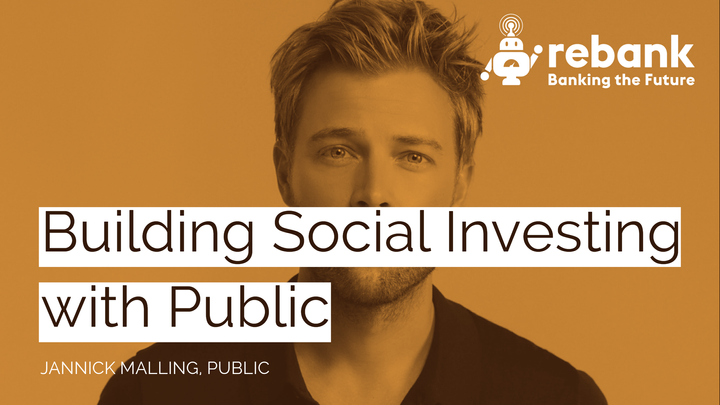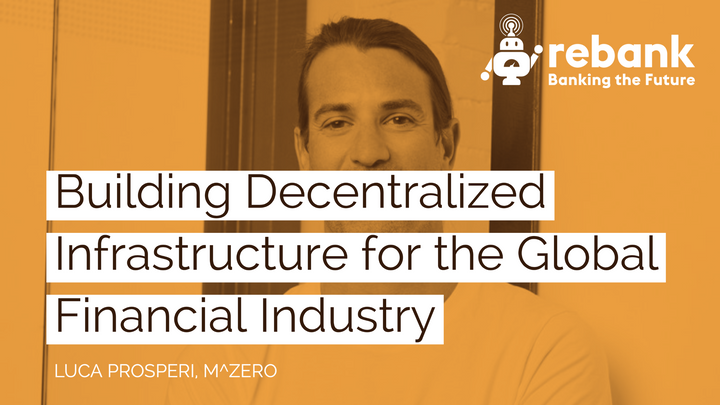Free Stock Trading Is Here. Now What?

I discussed this question with Adam Dodds, Founder & CEO of Freetrade. Listen to the audio version of the conversation here.
Free Stock Trading Is Here. Now What?
Robinhood in the US, Freetrade in the UK, eToro in Israel (and elsewhere) and others have brought free or cheap mobile trading in single name stocks and crypto currencies to the masses.
Where do these platforms fit in the broader retail investments landscape?
I remember receiving one share of Disney stock for Christmas when I was 8 or 9 years old. I still recall my mix of confusion about the nature of the gift, given as a way of introducing financial education, and disappointment about not having gotten a toy. Whether causally or not, in the years that followed I went on to learn about stocks, study investing and eventually work in the field.
I also remember my last (and worst) crypto "investment." After cashing out some Bitcoin gains, I put a small portion of the proceeds into a couple of alt coins. Safe to say I'm not getting it back.
Those anecdotes and many more suggest there are pros and cons to stock picking. However, historic investment performance suggests that, on the whole, it's not a winning undertaking, even for the pros.
Is free stock trading a good thing?
There are clearly a range of answers to what role free share trading apps should nplay in retail financial services. There are definite advantages of having unimpeded, broad based access to shares of the world's best companies. There are also clear risks around giving unguided consumers low friction ways of going all in after watching the Wolf of Wall Street.
You can also just as easily buy an ETF as a share, which may have build in diversification or time horizon optimization.
Let's not spend time here debating philosophical questions around free will and self determination (feel free to pick them up in the comments).
On the whole, it feels like consumers can do themselves more harm than good with frictionless single name stock trading as per the current model.
However, competitive dynamics and regulatory responses may quickly drive evolution beyond the current model, in effect addressing concerns.
What's the optimal business model?
If you're a stock trading app, how can you optimize for long-term success? Margins are falling across most parts of the investments value chain, including transaction fees. Regulatory inquiries into industry practices and customer outcomes and resulting regulatory tightening is (rightly) squeezing out excess revenue. Running a highly tech efficient execution-only platform will be a viable business, but not an optimal one.
Value added services and clear alignment with customer outcomes increase retention and customer lifetime value. Expanded product offerings delivered to existing customers create new revenue streams.
The optimal business model will look different in different countries. For example, the US and UK are fundamentally different markets. Regulatory customer differences between the two countries mean the optimal business models and product sets differ, with alignment/guidance perhaps being more relevant in the UK and cross-selling perhaps being more relevant in the US.
Layer on the expansion of digital banks into retail investments and the landscape gets competitive.
For more on this topic, listen to our conversations with Freetrade (iTunes | Spotify), Scalable Capital (iTunes | Spotify), Betterment (iTunes | Spotify) and Wealthify (iTunes | Spotify).


